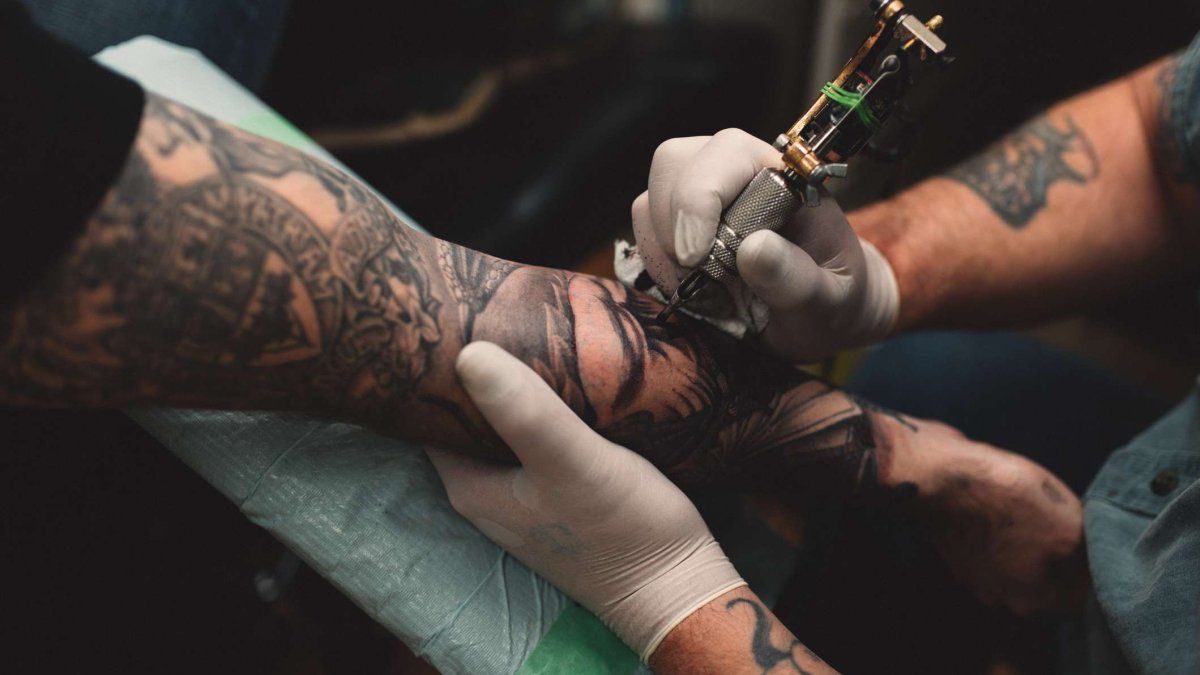Tattooing the skin can reflect intimate and loaded experiences of meaning. For a long time, this practice was involved in prejudices, myths and stigmatizations. However, the social gaze has evolved: today, tattoos are valued as a form of individual expression, artistic manifestation and even as an emotional healing tool.
From the perspective of psychology, the discipline that deals with studying human behavior and mental processes, both conscious and unconscious, the decision to tattoo is usually deeply linked to identity construction.
Various investigations indicate that many people choose to capture symbols, phrases or images that represent in their body Important experiences, personal values, intense emotions or transcendental stages of your life. In this way, tattoo becomes a visual language that allows us to externalize who we are and what we have gone through.
tattoos
Photo: Pixabay
What does psychology say about people who choose to tattoo
For many people, recording the skin is not a passenger fashion, but a way of telling its history. According to Glenn Wilsonpsychologist at the London Psychiatry Institute, tattoos can function as a “Personal brand“That helps to define and consolidate the meaning of the self. It is not uncommon for someone to decide to tattoo after crossing an intense emotional experience, such as a loss, an important achievement or a deep transformation.
Tattooing can be a form of affirm the identityto recover control over the body and to visually represent key aspects of life. For many people, the tattoo operates as a permanent reminder of what they do not want to forget.
Although in previous generations the tattoos were seen as an act of rebellion, today that idea has clarified. The Modern psychology Understand that, beyond breaking with traditional norms, many times the act of tattooing responds to a need for control. Choosing what to mark on the skin and how to do it is, in itself, a gesture of autonomy. It means appropriate the body and write in it the narrative, which can be empowering for many people.
Several studies related tattoos to the Self -esteem strengtheningespecially in people who crossed difficult moments. Those who faced diseases, ruptures, duels or stages of great emotional insecurity can resort to tattoo as a Symbol of overcoming or an act of rebirth.
A paradigmatic case is that of women who have gone through a mastectomy Following breast cancer. In many of these cases, tattoo becomes a tool Emotional reconnection with the bodyhelping to resignify a traumatic experience from a place of power.
The Social Psychology It addresses how tattoos influence interpersonal relationships and the construction of belonging. Some people use them to integrate into a specific community, group or subculturewhile others use them as a form of differentiate and highlight your individuality.
Research published in The Journal of Social Psychology They found that people with visible tattoos are usually perceived as more outgoing, open and safe of themselvesalthough they can also face prejudices in certain labor or cultural areas More conservative.
It also investigates whether there is a relationship between tattoos and certain personality features, such as impulsiveness or the search for New sensations. Although some works have found minor correlations, there is no conclusive evidence that directly associates tattoos with risk behaviors.
On the contrary, in many cases, tattooing implies a process of deep reflection, planning and conscious design. Far from being an impulsive act, for many people it represents a Decision designed for years.
Source: Ambito
I am an author and journalist who has worked in the entertainment industry for over a decade. I currently work as a news editor at a major news website, and my focus is on covering the latest trends in entertainment. I also write occasional pieces for other outlets, and have authored two books about the entertainment industry.




